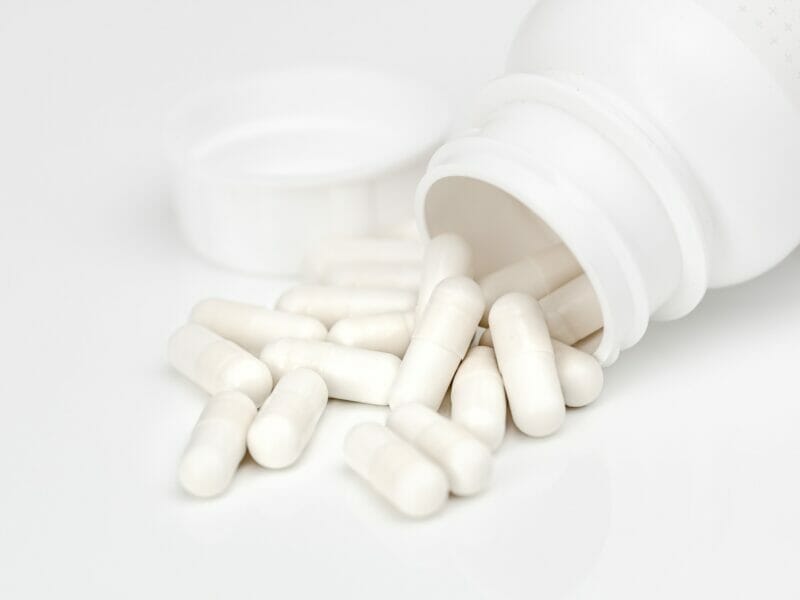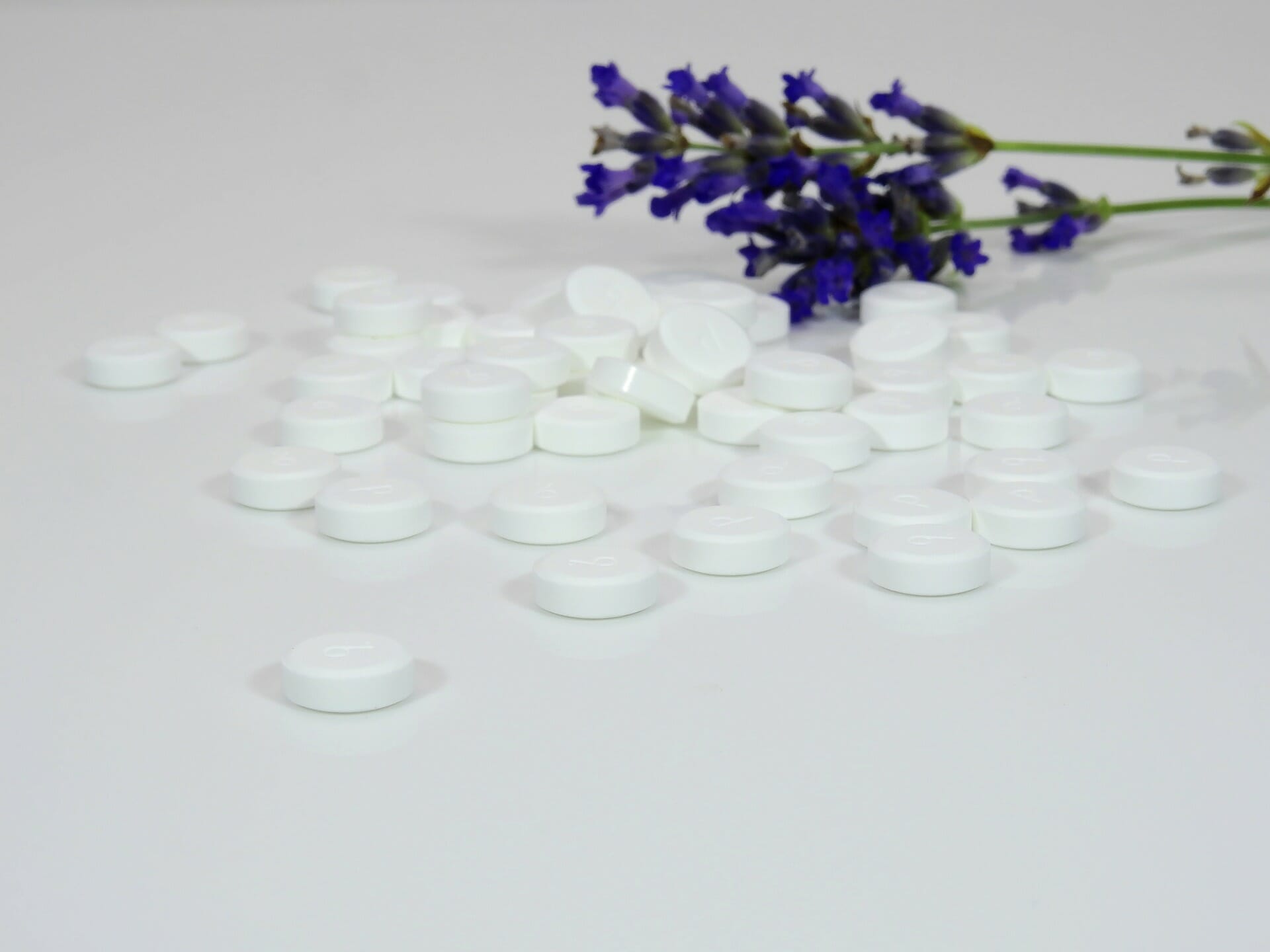Introduction to Melatonin
Melatonin is a hormone naturally produced in the body that helps regulate sleep and wake cycles. It is often used as a supplement to help people with sleep disorders, such as insomnia, get better rest. Older adults may also benefit from taking melatonin, as their natural melatonin production may be lower than when they were younger. The effects of melatonin may vary depending on the dosage, so it is important to determine the optimal melatonin dose for each individual. Generally, a low dose of melatonin is recommended, as higher doses may cause side effects like headaches and dizziness. Taking melatonin with alcohol or other medications may also increase the risk of side effects.
Melatonin is generally considered safe, but it is important to talk to a doctor before taking melatonin or any other supplement. The safety of melatonin in children and pregnant women is not well understood, so it is best to avoid using melatonin in these populations. Studies of melatonin have shown that it can be effective in improving sleep, but the optimal melatonin dosage and administration may vary depending on the individual. Taking too much melatonin may interfere with natural melatonin production, so it is important to determine the right dose for each person. Overall, melatonin is a safe and effective supplement for improving sleep, but it is important to talk to a doctor before taking melatonin or any other supplement.
What is Melatonin?
What is Melatonin? Melatonin is a hormone naturally produced in the body that helps regulate the body’s sleep-wake cycle. It is released in response to darkness and is responsible for making us feel sleepy. Melatonin levels naturally decrease as we age, which is why many people turn to melatonin supplements to help them sleep better.

Melatonin administration can be done in a variety of ways, including oral, sublingual, and topical forms.
The amount of melatonin needed to achieve the desired effect varies from person to person, so it’s important to talk to your doctor about the right dosage for you. Side effects of melatonin are generally mild and include headaches, dizziness, and nausea.
However, it’s important to note that high doses of melatonin can have more serious side effects, so it’s important to talk to your doctor before taking any melatonin supplement.
Safety Considerations for Taking Melatonin
When it comes to taking melatonin for sleep, it’s important to consider safety first. Melatonin is a hormone made by the pineal gland, and its administration can have a range of effects on the body. It’s important to understand the pharmacokinetics of melatonin, as well as the efficacy and safety of melatonin, before taking it. It’s also important to consider the dosage for adults, as well as the effectiveness of melatonin for primary sleep disorders. For children, the use of melatonin should be discussed with a doctor, as the lowest dose of melatonin should be used, without causing side effects.
When it comes to melatonin supplementation, it’s important to consider the milligrams of melatonin, as well as the overall safety of melatonin. It’s also important to learn more about melatonin, since it can increase natural melatonin levels, and can be effective in the treatment of circadian rhythm disorders. Melatonin supplements are available, but it’s important to consider the efficacy and safety of melatonin, as well as the hypothermic effect of melatonin, when taking supplemental melatonin. Much like any other supplement, it’s important to consider the effects of melatonin supplementation, as well as the cardiovascular effects of melatonin, before taking it.
How Much Melatonin is Safe to Take?
When it comes to melatonin administration, it’s important to know how much is safe to take. Melatonin is a hormone produced naturally in the body, but it can also be taken in exogenous form for the treatment of various conditions. It’s important to understand the levels of melatonin and the effects of melatonin supplements, especially when it comes to melatonin for children. Since melatonin is a hormone, much is too much and it’s important to understand the efficacy of melatonin in the treatment of various conditions.
When it comes to melatonin dosage for adults, the general consensus is that a mg dose of melatonin is safe to take. Studies have shown that melatonin can increase melatonin content in healthy subjects without causing side effects. In addition, melatonin can be effective in the treatment of depressive symptoms, and lower doses of melatonin can be used to sleep better. Supplemental melatonin may also be used in the treatment of metastatic cancer, and melatonin was used in the treatment of circadian rhythm disorders. In general, melatonin is generally safe to use, but it’s important to understand the range of melatonin and whether melatonin is safe to take in the form of supplements.

Melatonin Dosage by Age
Melatonin is a natural hormone produced by the pineal gland in the brain. It is responsible for regulating the body’s sleep-wake cycle. Melatonin is also available in exogenous form, which is used for the treatment of sleep disorders and other conditions.
The dosage of melatonin varies by age, and it is important to consult a doctor before taking melatonin for the treatment of any condition.
Conclusion
In conclusion, melatonin is a hormone produced by the pineal gland that is involved in regulating the body’s circadian rhythm. Exogenous melatonin is a form of melatonin that is taken as a supplement to help people sleep better. It is generally considered safe to take melatonin, although there are some potential side effects associated with its use. Studies have shown that melatonin can be effective in reducing depressive symptoms in both healthy subjects and those with metastatic cancer. The effects of melatonin on depressive symptoms are usually seen within a few hours after taking it. The use of melatonin in children is still being studied, but it appears to be safe and effective for helping them to sleep better. Overall, melatonin is a safe and effective way to help people sleep better and reduce depressive symptoms.

FAQ’s:
1. What is the hormone melatonin?
Answer: Melatonin is a hormone produced by the pineal gland in the brain that helps regulate the body’s sleep-wake cycle.
2. What is exogenous melatonin?
Answer: Exogenous melatonin is a form of melatonin that is taken as a supplement to help regulate the body’s sleep-wake cycle.
3. Is it safe to take melatonin?
Answer: Yes, melatonin is generally considered safe to take, however it is important to consult with a healthcare professional before taking any supplement.
4. What is the effect of melatonin on depressive symptoms?
Answer: Studies have shown that melatonin may help reduce depressive symptoms in some people.
5. What is the use of melatonin in children?
Answer: Melatonin is generally not recommended for use in children, as it may interfere with normal development.
6. What is the pineal hormone melatonin in metastatic cancer?
Answer: Melatonin has been studied for its potential to reduce the growth of metastatic cancer cells.
7. What are the side effects of melatonin supplements?
Answer: Common side effects of melatonin supplements include headache, dizziness, nausea, and drowsiness.



 Modafinil Safety Considerations
Modafinil Safety Considerations
